A diet, by definition, consists of the things that we regularly consume to improve and positively impact our well-being. Our diet is what we ingest, and most likely will determine our ability to perform. Diets even impact the quality of our lives. Dieting to lose weight, especially excess weight, is designed to increase mobility, improve heart health, gain traction and lead a healthier life.
What is your professional diet? Are you on the “right” professional diet?
Here are some questions to gauge if your professional diet is what it should be. If not, this is an opportunity for a new beginning.
1. Are you carrying around professional weight or baggage that prevents you from maximizing your performance? Examples of professional baggage include – a defeatist mentality and attitude; being constantly critical of peers and direct reports; unwillingness to share effective practices; exhibiting discriminatory and prejudicial tendencies; unwillingness to collaborate.
2. Is your professional diet stale? Have you had the same professional diet for years? Are you unwilling to read up-to-date books/articles that are aligned to your professional practice? Have you read relevant material in the past 30 days? Do you examine and utilize leadership practices beyond your current professional arena? Do you intentionally maintain a work-life—balance (self-care)?
3. Have you maintained the same professional circle or have you expanded to persons outside of your comfort? Outside of your childhood or college friends? Do you surround yourself with individuals who are positive and solutions oriented? Do you embody humility, understanding that data is important but at the end of every data point is a person (humanity trumps data)? Do you surround yourself with people who do not always agree with you?
4. Have you sought professional development outside of the normal offerings? Have you looked beyond professional development in your organization? Have you explored learning opportunities that could be value-add outside of your region? Have you facilitated a professional development or provided thought leadership/partnership to peers or other leaders within the past 6 months?
5. Do you verify that your claimed expertise in any given field is robust, relevant and authentic? Do you share your knowledge? Are you humble regarding your abilities? Do you focus on the data to support your practices? Does your track record provide evidence of a solid experience?
6. Are you setting and keeping the bar high for yourself and others? Do you demonstrate shared accountability? Do you practice empathy and compassion? Do you allow the mission and vision of the organization to drive your behavior? Do you engage positively with ALL stakeholders?
7. Have you selected a mentor who can provide the "right" and prudent professional guidance to you? Example; You are consuming cutting edge and up to date information, research, and other resources in your given field of work; your mentor is an expert, has a proven track record of excellence, is honest with you, and is available to you with consistency.
Leaders, I encourage each of you to make the necessary adjustments to your professional diet, and remember that if the leaders are not professionally healthy, the team or organization will need intensive care.
Written by contributing collaborator Dr. Ian A. Roberts (co-author of The Power of Seven Second Chances)

